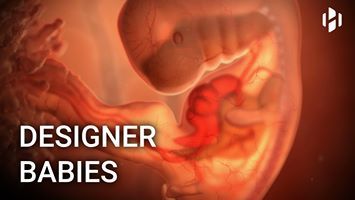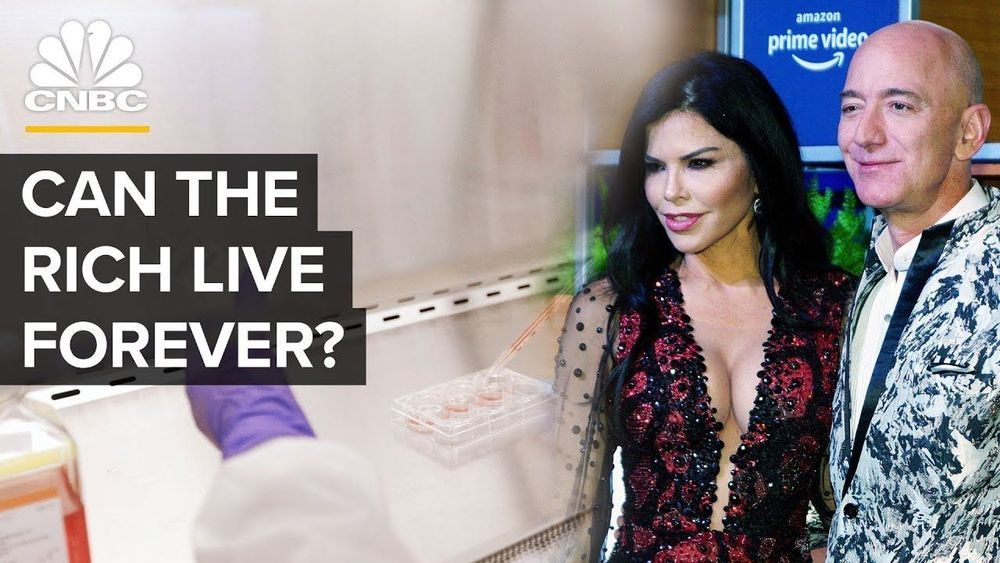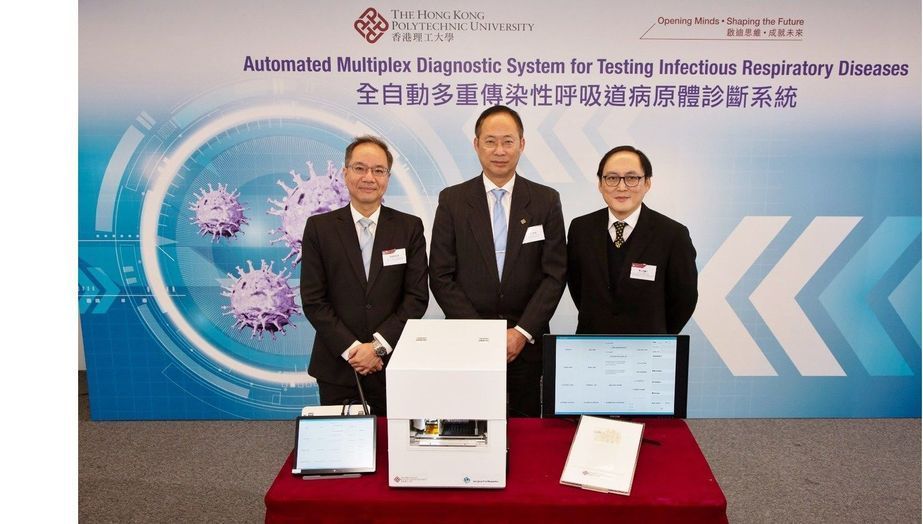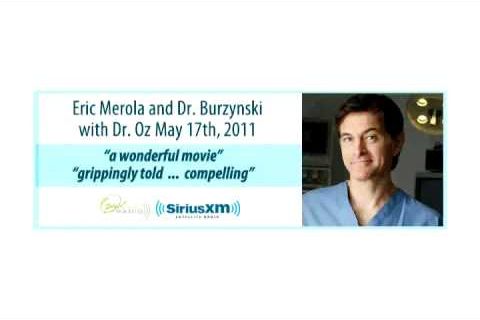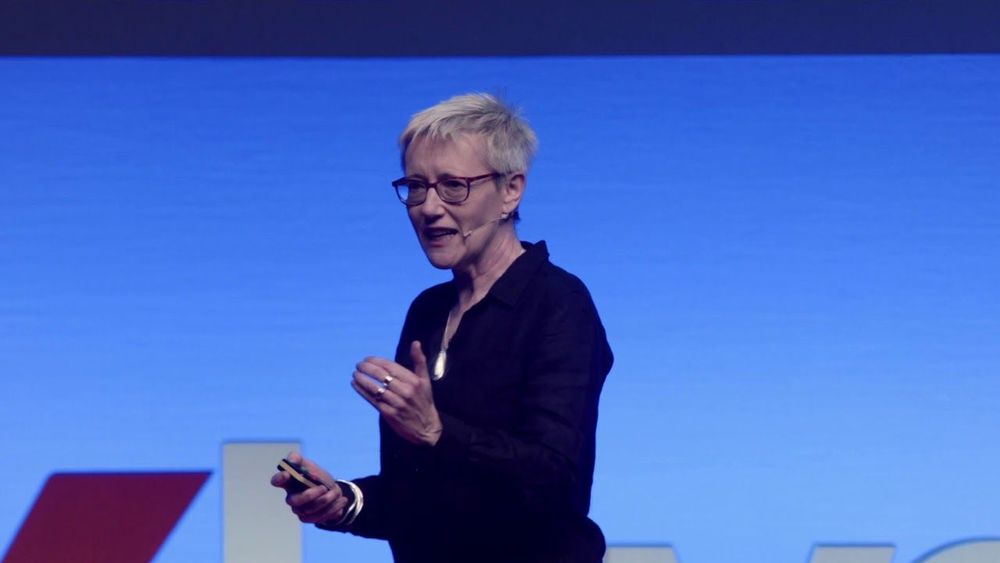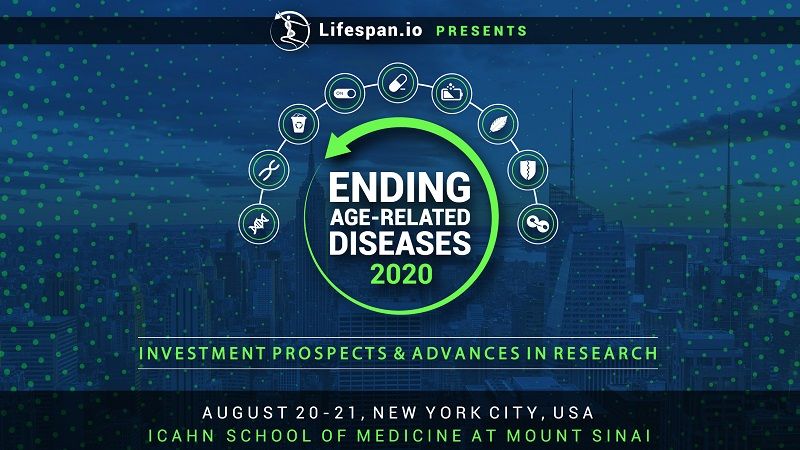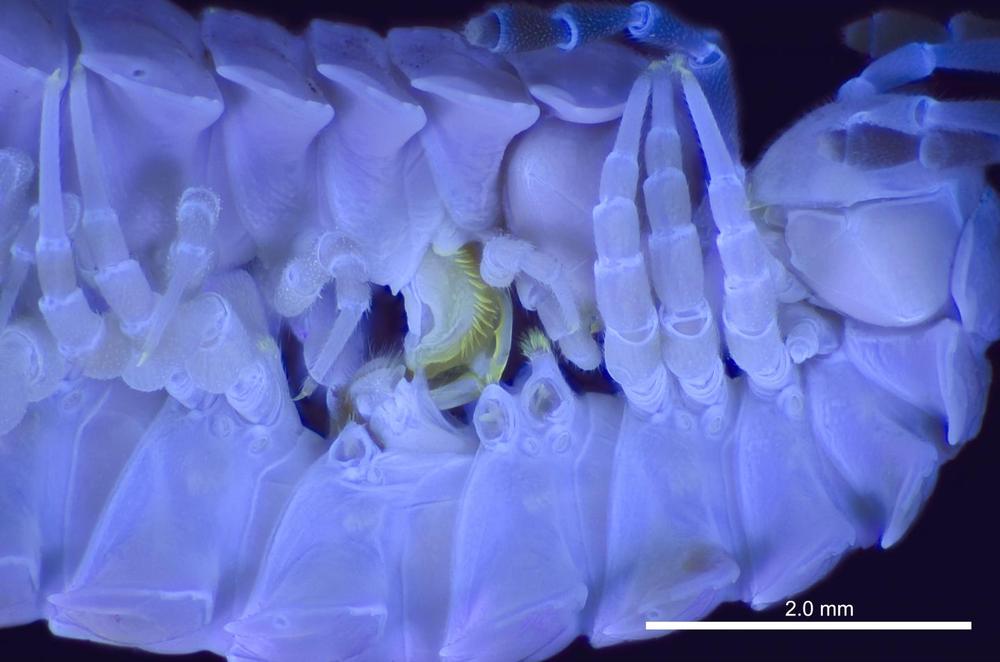Category: biotech/medical – Page 2,064
If you can’t defeat death, what if you could postpone it, or at least postpone the diseases commonly associated with getting old? Many people, especially the ultra-wealthy in Silicon Valley, are investing money into companies trying to answer exactly those questions.
» Subscribe to CNBC: https://cnb.cx/SubscribeCNBC
» Subscribe to CNBC TV: https://cnb.cx/SubscribeCNBCtelevision
» Subscribe to CNBC Classic: https://cnb.cx/SubscribeCNBCclassic
About CNBC: From ‘Wall Street’ to ‘Main Street’ to award winning original documentaries and Reality TV series, CNBC has you covered. Experience special sneak peeks of your favorite shows, exclusive video and more.
Connect with CNBC News Online
Get the latest news: https://www.cnbc.com/
Follow CNBC on LinkedIn: https://cnb.cx/LinkedInCNBC
Follow CNBC News on Facebook: https://cnb.cx/LikeCNBC
Follow CNBC News on Twitter: https://cnb.cx/FollowCNBC
Follow CNBC News on Instagram: https://cnb.cx/InstagramCNBC
#CNBC
How the ultra rich are trying to live forever.
HONG KONG, Feb. 11, 2020 /PRNewswire/ — Infectious diseases represent an important portion of global public health concerns¸ in particular with regard to the current global outbreak of novel coronavirus (2019-nCoV). The challenge of frontline diagnosis in hospitals, clinics and ports is that infectious diseases could exhibit similar symptoms or can be asymptomatic. The Hong Kong Polytechnic University (PolyU) today announced the development of the world’s most comprehensive automated multiplex diagnostic system (the System) which includes a fully automated machine and a multiplex full-screening panel for the point-of-care genetic testing (POCT) of respiratory infectious disease including the 2019-nCoV.
SUPPORT THIS PROJECT, BUY THE DVD (only $8.99 with coupon code: “burz51”): http://estore.burzynskimovie.com
For more info: http://www.oprah.com/oprahradio/Dr-Stanislaw-Burzynskis-Cure-for-Cancer-Audio
Burzynski the Movie: http://www.burzynskimovie.com/
Follow this film series on Facebook: https://www.facebook.com/BurzynskiMovie
Visit director Eric Merola’s website: http://www.ericmerola.com
Directed by Eric Merola.
The applications are almost endless.
In “Hacking the Code of Life”, Nessa Carey explores advances that are giving us new powers to alter the genome.
It becomes obvious, that there are clump risks in the current setup of the global drug production.
There may soon be a shortage of certain drugs, such as some antibiotics (•, as the only production facilities in China stopped producing them, due to the current Corona virus outbreak.
(• e.g. consider that 97% of the antibiotics used in America are made in China according to an article by ABC7 news.
The world’s pharmaceutical supply chain is in danger as the virus spreads across China and jeopardizes travel and trade.
Lifespan.io is hosting its third annual conference on aging and rejuvenation biotechnology.
The Life Extension Advocacy Foundation/Lifespan.io, a nonprofit company promoting aging research, is hosting its third annual Ending Age-Related Diseases: Investment Prospects and Advances in Research conference on August 20–21 at the Stern Auditorium of the Icahn School of Medicine at Mount Sinai (New York City, USA).
The goal of this conference is to promote scientific and public discussion in order to foster the development of interventions that target aging and are capable of relieving our aging society from the burden of age-related diseases. Key topics of the conference include biomarkers of aging, discoveries in fundamental research, the development of interventions targeting the root mechanisms of aging, investment strategies, and regulatory issues that are relevant to rejuvenation research.
A team of US scientists has just solved a long-standing biological mystery – how exactly do millipedes mate? Using a variety of novel imaging methods, including microscopic ultraviolet photography and micro-CT scanning, the research finally figured out how these tiny creatures get it on.
“This is the first time we’ve been able to understand these millipedes’ mechanism of insertion, how the male and female organs interact with each other,” says Petra Sierwald, from Chicago’s Field Museum and one of the study’s authors. “Before this, we had no idea how he would actually get the sperm into her.”
Millipedes can generally be somewhat shy organisms, so getting them to mate in laboratory conditions hasn’t been easy. The new study focused on a type of small, brown North American millipede called Pseudopolydesmus, known for being more than willing to mate, even in the most exhibitionist situations.
Silicon Valley legends. Billionaire financiers. Patent attorneys. They’re all awakening to the massive potential of an industry preparing to emerge from darkness.
